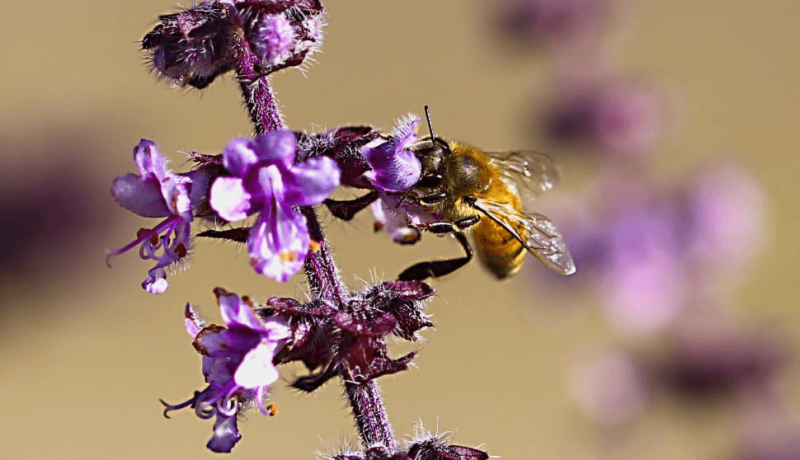S. 1856/A. 3226 also known as “The Birds and the Bees Protection Act” does nothing to address the actual threats facing pollinators but does threaten climate-smart agricultural practices that New York farmers have already adopted and will likely limit or completely eliminate adoption in the future. This flawed legislation bans the latest advancements in agricultural technology that are catalysts to climate-smart ag practices that improve soil health and sequester carbon.
This legislation would ban the use of neonicotinoid (neonic) treated seeds, and neonics used in non-agricultural settings like those for turfgrass, ornamental shrubs and grasses, and on golf courses and other landscapes.
Climate-smart agriculture, made possible by pesticides, is essential to sequestering greenhouse gases, and preserving native habitats. As evidenced by recent, preliminary Cornell research, without the use of these products, crop yields could drop some 30 percent, with an increased need of additional farmland increasing. Innovative pesticide products are key to unlocking and expanding the enormous climate-mitigation potential of agriculture. Clearly, more work needs to be done to study the specific impacts to New York farmers by the removal of the use of seed treatments in our state. Acting prematurely with a ban could be devastating to the food system.































